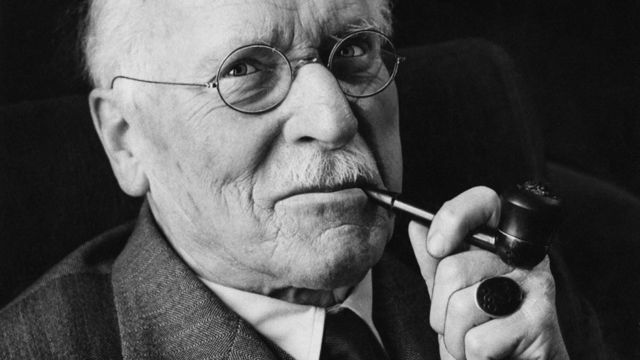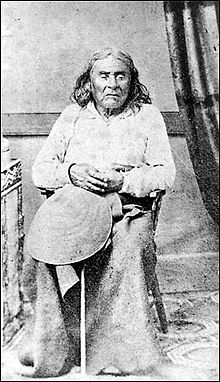Jungian Analysis

FAQ about Jungian Analysis
Analysis from the Jungian perspective is simply about learning the tools to uncover and discover what your unconscious is trying to tell you—in dreams, in moods, in your body process, in your sadness, in your joy—in relationships, etc. Often therapy has an agenda—in this work the agenda is left to the dream-maker.
People engage in analysis who are seeking to discover what lies within the nuances of their psychic life. Why do I hate my job? What is my path? Why can’t I crack open a depressive outlook on life? And so on. Analysis does not necessarily provide answers to these questions, but it does help clarify issues and point one in a direction of growth and consciousness.
How often do I come?
This is left to you—ideally analysis is once or twice a week so that each dream can be discussed in analysis but your schedule or finances may require you to come less often.
What if I don’t dream?
Usually people begin to dream after they learn a trick or two to remember them. But, dreams are not necessary for analysis to be deep and meaningful.
How much does it cost?
Costs can be discussed privately in your first session.
Dream Groups

“Humankind has not woven the web of life. We are but one thread within it. Whatever we do to the web, we do to ourselves. All things are bound together. All things connect.”
Chief Seattle
Dream Groups have been an interesting experiment in my private practice as a Jungian analyst. In 1986, inspired by reading Lakota anthropological texts, I decided to bring people together to discuss their dreams. It was mind-expanding for me to discover that the First People of the American Plains felt dreams were not silly, not to be ignored and not only for individual dreamers, but that some were meant for the entire community to ponder and acknowledge with ceremonial significance. They new that important dreams with certain characteristics needed to be told to the whole tribe, or misfortune could befall them. They also knew that dreams have impact on others who hear them, as well as the dreamer. Since my training as a Jungian analyst has given me valuable experience in working with dreams, putting individuals together to dream in a group setting seemed like a natural thing to do.
Clinical Supervision

Psychotherapy is a profession in which we clinicians are challenged at the deepest level to “be the lesson that we teach,” and to embody the healing we hope to facilitate. We learn the skills of our clinical profession in a variety of educational settings, and then we hone those skills on the front lines of clinical practice. But on a deeper level, we know we are being continually, sometimes disturbingly, confronted with our own stories in the story of every client we encounter.
My emphasis on working with symbolic content, and in teaching these skills to my supervises, is based on my deep conviction that symbolic content work is one of the most effective ways to facilitate healing in the stories that our clients bring us, and in our own stories as well.
In my opinion, clinical supervision is the best place for us to safely consider ourselves as the wounded healers we must inevitably be. A good supervision allows us to grow as individuals as well as therapists, thereby enabling us to evolve in every aspect of our psyches and our lives, as well as in our clinical work.